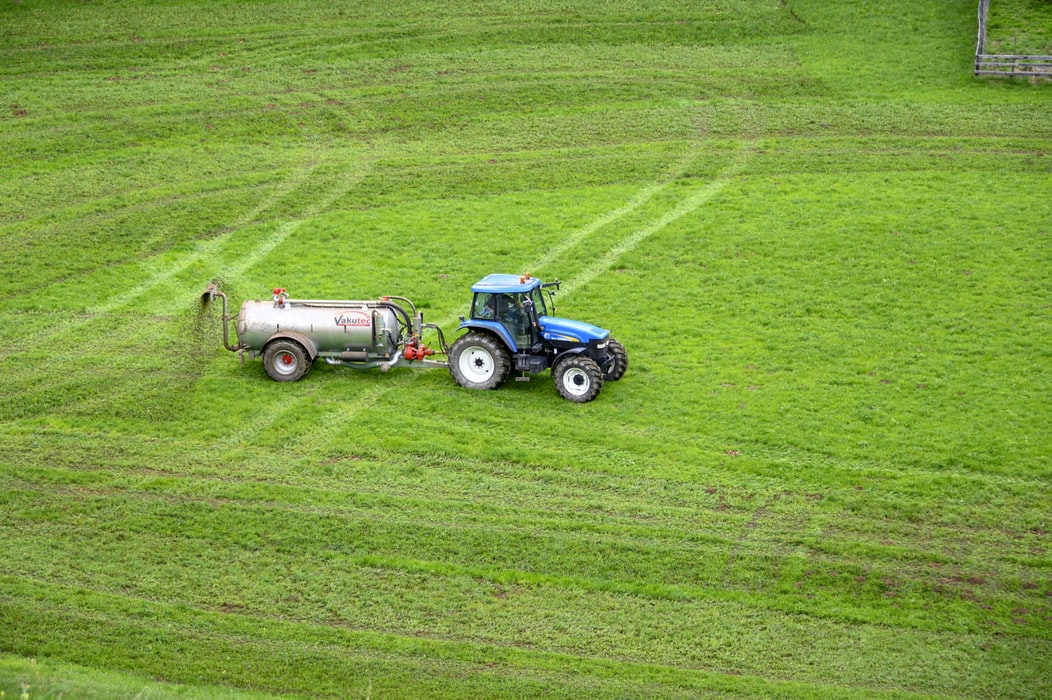Agrochemical producers and traders are becoming increasingly concerned for the future of their industry following the release of a report by the Food and Agricultural Policy Research Institute (FAPRI) which warns that, “The next 10 years could be difficult for farmers.” With bad times predicted for the US agricultural industry, then Agchem suppliers are likely to have an equally tough time over the coming years.
In a recent press release, Pat Westhoff, director of FAPRI at the University of Missouri said, “We are looking at several years of pretty tight financial situation for U.S. agriculture. Farm income is less than half of the 2013 peak and we expect it to remain low for the next several years.”
The institute, which is also affiliated with Iowa State University, blames the predicted drop in US farm revenue on falling crop and livestock prices that have not been offset by cost reductions.
The full report can be read here, but it makes for difficult reading, as it outlines various predictions of pricing models, explained as follows, “The FAPRI baseline uses a model with different variables to project a range of market outcomes for 2017-2025. Modest increases in net farm income are projected in the baseline report, but when adjusting for inflation, 2025 net farm income will be about the same as it was in 2015.”
Agchem industry heads are concerned about the knock on effect of decreasing farm incomes on fertiliser and farm chemical prices, especially as it comes at a time when the Chinese economy is also feared to be heading towards a downturn.
Darren Hudson, an agricultural economist at Texas Tech, highlighted these fears when he said, “Because China purchases so many imported agricultural goods when its economy is healthy, a not-so-healthy Chinese economy is bad news for the global market. The Chinese are very large consumers of U.S. ag products, so if there is a serious downturn it will have a significant effect on U.S. agriculture”
It seems that there is little that either farmers or Agchem producers can do to improve the situation given the global forces that are keeping prices low. As Hudson further explained to journalists when he said that, “The market adjustment that is occurring is doing that as a result of the uncertainty that exists around Chinese economic growth and related things like exchange rates and energy (costs).”
For fertiliser, pesticide and herbicide traders are now having to decide whether the challenging times ahead requires them to make their own cost savings. Or will greater competition for sales in the coming decade mean that now is the best time to increase marketing efforts?

